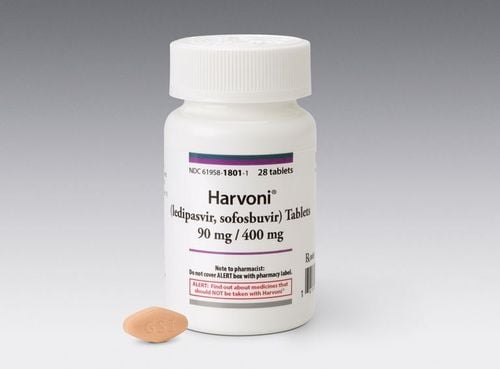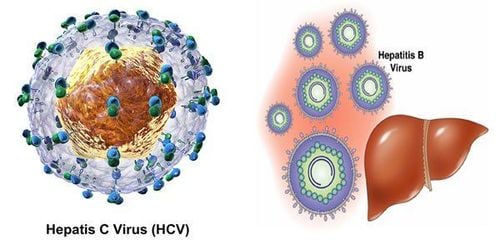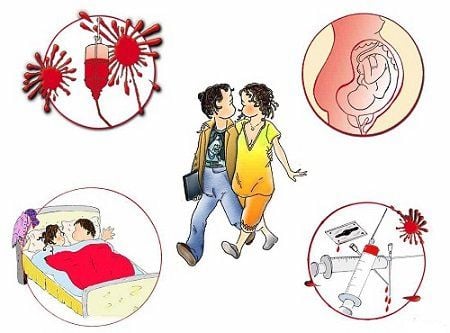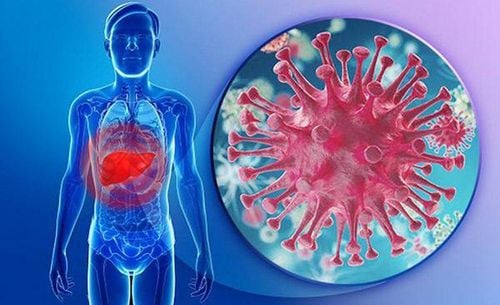This is an automatically translated article.
The article is consulted by Master, Doctor Nguyen Thi Nhat - Infectious Diseases - Department of Medical Examination & Internal Medicine - Vinmec Hai Phong International General Hospital.Early detection and treatment of hepatitis C will help patients limit health complications as well as save treatment costs. Currently, the early detection of hepatitis C is still difficult, because the disease does not have specific symptoms.
1. Hepatitis C
Hepatitis virus in general and hepatitis C virus are considered silent killers because the disease takes place silently and leaves severe consequences. Very few patients with hepatitis C have obvious symptoms. In most cases, patients are only accidentally discovered hepatitis C when examining another medical condition or when the disease has worsened and the symptoms of chronic hepatitis appear such as increasing fatigue, yellow skin and eyes, double edema. foot... There is currently no vaccine for hepatitis virus. Therefore, prevention as well as early detection of hepatitis C is very important in the treatment of the disease.Hepatitis C is caused by a widespread virus. Like hepatitis B, hepatitis C is also transmitted by blood, but rarely by sexual contact. Some other routes of transmission of the hepatitis C virus are:
Transfusion of infected blood or blood products Contact with the blood of an infected person through sharing razors, scissors, toothbrushes, .. Sharing needles or syringes Treating teeth Tattoos, piercings Mother-to-child transmission (rare).
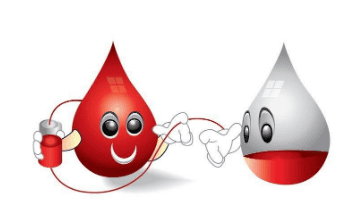
2. Why is it important to treat hepatitis C early?
Early treatment of hepatitis C will limit dangerous health complications, prevent disease transmission and reduce treatment costs.Hepatitis C patients are not treated early, over time will cause serious liver damage.
2.1. Acute hepatitis C After the hepatitis C virus enters the body, they have a rather long incubation period (about 6-8 weeks), followed by this period of onset. Most cases of hepatitis C have no clinical symptoms until cirrhosis manifests, sometimes with fatigue, anorexia, bloating, mild right upper quadrant pain, gastrointestinal disturbances, muscle pain. Mild, subtle jaundice may occur. There may be extra-hepatic manifestations such as: joint pain, arthritis, hair loss........ Some people with acute hepatitis C can clear the virus on their own without treatment, but it's very rare. . The majority of infected people will progress to chronic hepatitis.

Fatigue Loss of appetite Muscle pain, joint pain The duration of chronic hepatitis to progress to cirrhosis is different for each person and is difficult to predict. There are patients with good treatment combined with healthy lifestyle changes with little change after 20-30 years. While many people do not receive early treatment, cirrhosis will progress quickly, possibly 10 years or less. Cirrhosis occurs higher in people who are overweight, obese, abuse alcohol, smoke, have diabetes,...
Cirrhosis can make the liver unable to do its job of digestion and detoxification. If not diagnosed and treated early, cirrhosis can lead to cirrhosis, liver cancer.
Currently, liver transplantation is the only treatment for severe cirrhosis.
3. Prevention of Hepatitis C
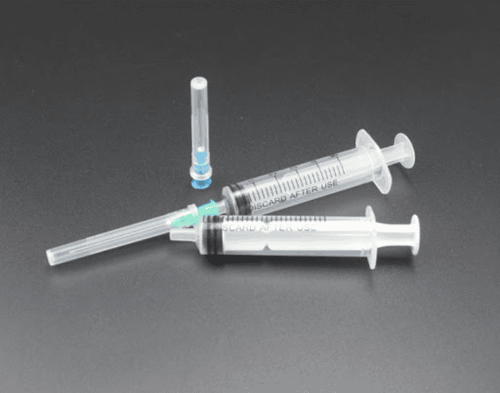
Because hepatitis virus is transmitted mainly through blood, it is necessary to:
Minimize unnecessary and unsafe injections. Sharing needles or similar items should limit Blood transfusion and blood products as well as safe sharps collection and disposal Do not share personal hygiene items Clean up blood stains (use latex gloves and disinfectants) Although, hepatitis C virus is rare when taking a STI, but you need to:
Have safe sex with someone who has the hepatitis C virus Avoid high-risk sexual behaviors that cause bleeding and avoid intercourse during menstruation Use condoms Condom during sex is a measure to prevent sexually transmitted diseases. Maintain the habit of having a general health check-up every 6 months to screen for hepatitis C. Therefore, when having a general health check-up. General need to do more testing for hepatitis C.
Currently, Vinmec International General Hospital has Hepatobiliary Screening packages, which help detect Hepatitis Virus in the early stages. early even without symptoms. In addition, the comprehensive hepatobiliary screening package helps customers:
Evaluate the liver's ability to work through liver enzyme tests; Evaluation of bile function; vascular nutrition; Early screening for liver cancer; Perform tests such as Total blood cell analysis, blood clotting ability, screening for hepatitis B, C Assessment of liver and biliary status through ultrasound images and diseases that are at risk of affecting liver disease / liver disease. more severe liver disease In-depth analysis of parameters to evaluate hepatobiliary function through laboratory and subclinical; the risk of affecting the liver and early screening for hepatobiliary cancer.
Please dial HOTLINE for more information or register for an appointment HERE. Download MyVinmec app to make appointments faster and to manage your bookings easily.






